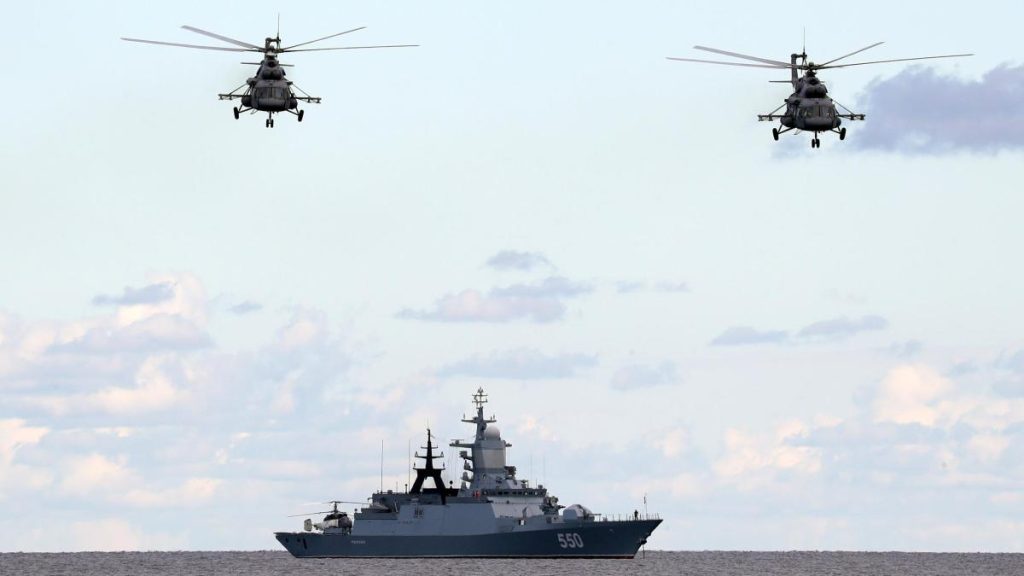Russia is aiming to change its borders in the Baltic Sea, according to a draft resolution from the Russian government reported by the Moscow Times. Russia plans to declare water areas in the Gulf of Finland and near the cities of Baltiysk and Selenogradsk in the Kaliningrad region as inland waters. These adjustments would affect sea borders around various islands and capes in the Gulf of Finland and the Kurisches Nehrung, Cape Taran, and Frische Nehrung areas near the Kaliningrad exclave, which borders Lithuania and Poland.
The draft document, prepared by the Defense Ministry, lists the desired changes in sea borders, citing that the current geographical coordinates established in 1985 do not fully correspond to the current geographic situation. The proposed changes involve resetting the coordinates of the so-called baseline, which separates inland waters from the sea, and subsequently adjusting the sea borders based on these new baseline coordinates. Despite this information, Russia denied plans to shift its borders in the Baltic Sea, claiming that the initiative has no political motives.
Neighboring countries like Lithuania have reacted with alarm to these border plans, with Lithuanian Foreign Minister Gabrielius Landsbergis denouncing it as another hybrid operation by Russia aimed at spreading fear, uncertainty, and doubt. Lithuania called for a strong response from NATO and the EU. The German Foreign Office described the reports as provocative and destabilizing, emphasizing that border demarcations cannot be carried out unilaterally. Finland and Sweden, both NATO members following increased tension due to the Ukraine conflict, have also been closely monitoring the situation.
Sweden particularly expressed concerns regarding Russia’s potential intentions regarding Gotland, a Swedish island in the Baltic Sea. The Swedish Armed Forces Commander Micael Byden warned that if Russia were to take control of the Baltic Sea and restrict access, it would have significant repercussions for Sweden, other Baltic Sea countries, and NATO members. Byden highlighted the strategic importance of Gotland in safeguarding the security of NATO states in the Baltic region and cautioned against allowing the Baltic Sea to become a playground for Russian aggression.
Byden also raised concerns about the environmental risks posed by old Russian oil tankers in the Baltic Sea, warning of the potential for an environmental disaster if Russia were to misuse these vessels for warfare against NATO. He emphasized the need to address the threat posed by these tankers and their potential for covert activities, such as surveillance, clandestine transportation, or underwater sabotage. Byden urged vigilance in preventing Russia from exploiting these vessels for hostile purposes, as they could pose a significant security risk to the region.


